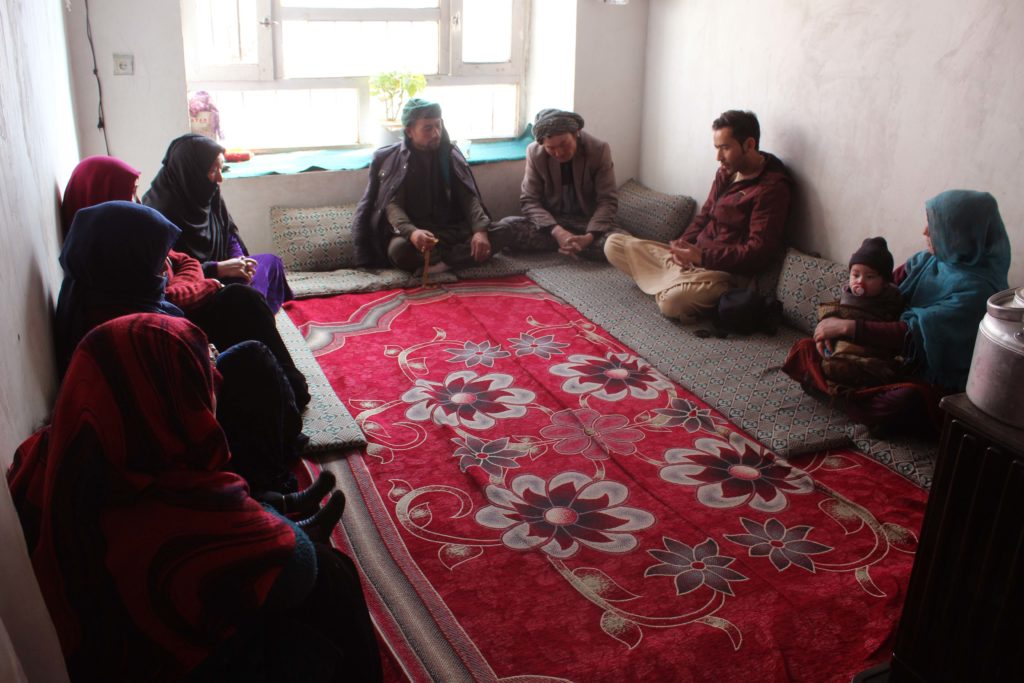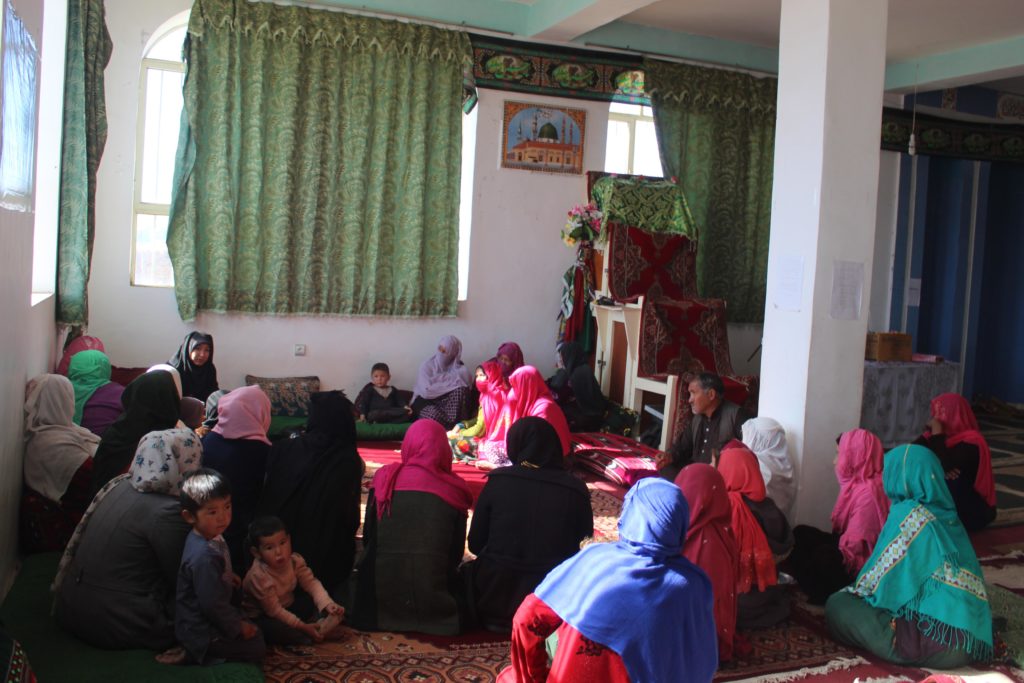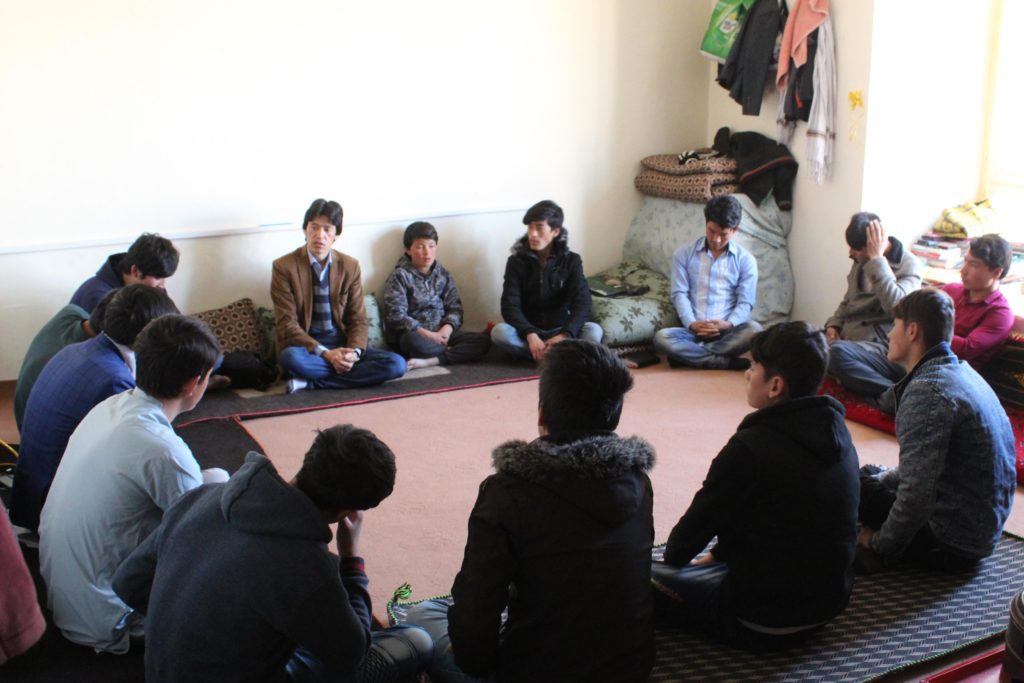People in two districts of Bamyan (Waras and Yakawlang) have decided to end the exorbitant costs of weddings and dowries. As a result of many meetings and a communal decision, the practice will be abolished gradually. Young people have played a direct role in the process and had a significant contribution to making this decision happen in both districts.
Mohammad Ali, a 24-year-old university student from Waras district, is one of the young people who has been part of this effort. His family, like any other family, was recently eager for their son to get married, but he himself was scared given the obstacles he would face as a husband.
Weddings are expensive in Afghanistan, with excessive costs for wedding halls, lavish meals and usually a dowry. “I did not plan to get married, because the wedding would cost about 500,000 Afghanis (Around 6,500 USD) and I cannot afford it. I had to find a job first and work for years to save that amount of money”, said the young man.
Mohammad Ali’s situation applies to many young Afghans who are old enough to marry but are unable to afford it. Most of them are forced to immigrate to neighboring countries and raise money for marriage after a few years of work under the harshest situation.
Exploring One Another’s Perspectives
Mohammad Ali was aware of the problem but he was curious to know if others are too. He is a sociable young person and his outgoing personality allows him to attend the village gatherings every so often. Before turning into a collective discourse, he discussed the issue with other people in the village individually throughout many months.
“I was curious to know about other perspectives”, said Mohammad Ali. “I was thinking to myself that what if I was wrong and did not see the whole picture? So, I was willing to talk to people in a very informal and friendly way. I was particularly interested to listen to the stories of those who recently got married.”
People are different and are coming from diverse social and cultural backgrounds. Therefore, they might have different perspectives about certain problems and react differently to them. This is when the dialogue comes in handy through which people can explore one another’s perspectives on the issue.
“I found out that sometimes people are not aware of certain problems in the community and we need to raise awareness but sometimes they are and for some reason, they are silent about it”, said Mohammad Ali. “It turned out that I am not alone in this and there are many other people in the village who are also concerned about the problem. There were people who were aware but do not consider the problem significant enough to pay attention to it. Also, some people were conscious of the problem and its significance but did not want to be the first one who raises it in the community.”
Public Discourse
After a few months, the problem turns into a dominant public discourse in most villages of Bamyan, especially of Waras and Yakawlang districts as a result of motivation, curiosity, determination and efforts of young people like Mohammad Ali; a movement in which young people have equally participated along with the local elders and religious scholars in reaching a collective decision about it.
To this end, many community meetings were held between the ulema, civil society, local elders and young people in the two districts. They decided in a statement: “Dowry has no religious basis and excessive costs for the wedding ceremony are absolutely forbidden.”
People are happy about the result of the joint efforts done by both elders and the young generation and welcomed the decision after it went public. “This is for the common good. Everyone can benefit from this decision. I am committed to abide by it and I invite all people to do so too”, said Haji Taher, a local resident of one of the villages of Waras district.
Welcoming the decision, Mohammad Ali said that if the decision is implemented, he is determined to get married next year.
Many young people are determined to propagate these decisions in their villages. “This is not the end, we have now the responsibility to spread the message and this also requires sitting with the people and talk to them. Change does not happen overnight!”, said Mohammad Ali.
















